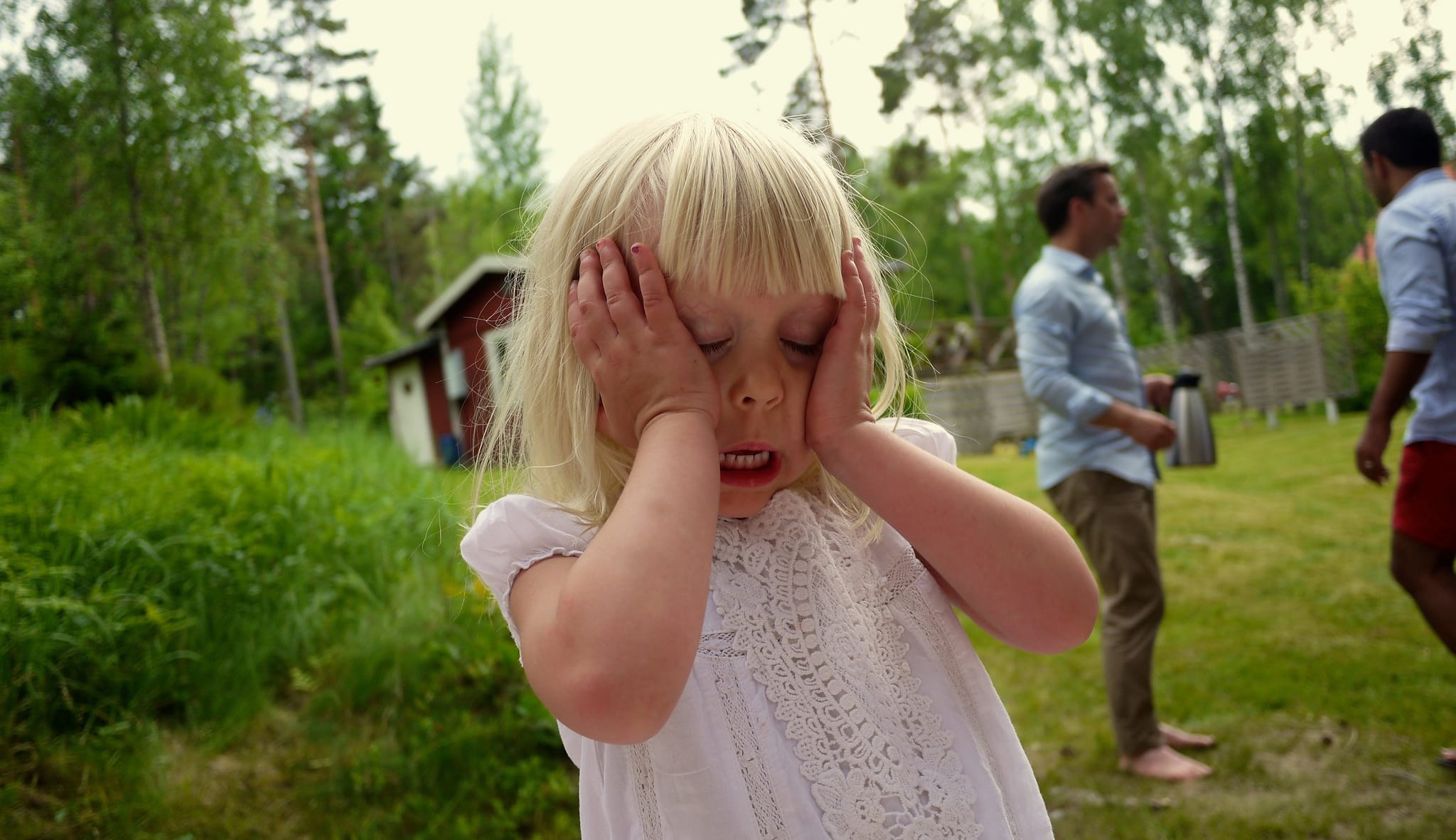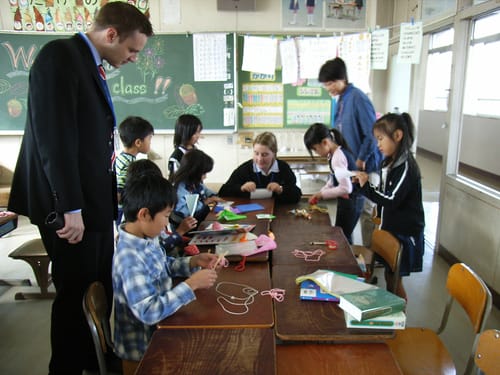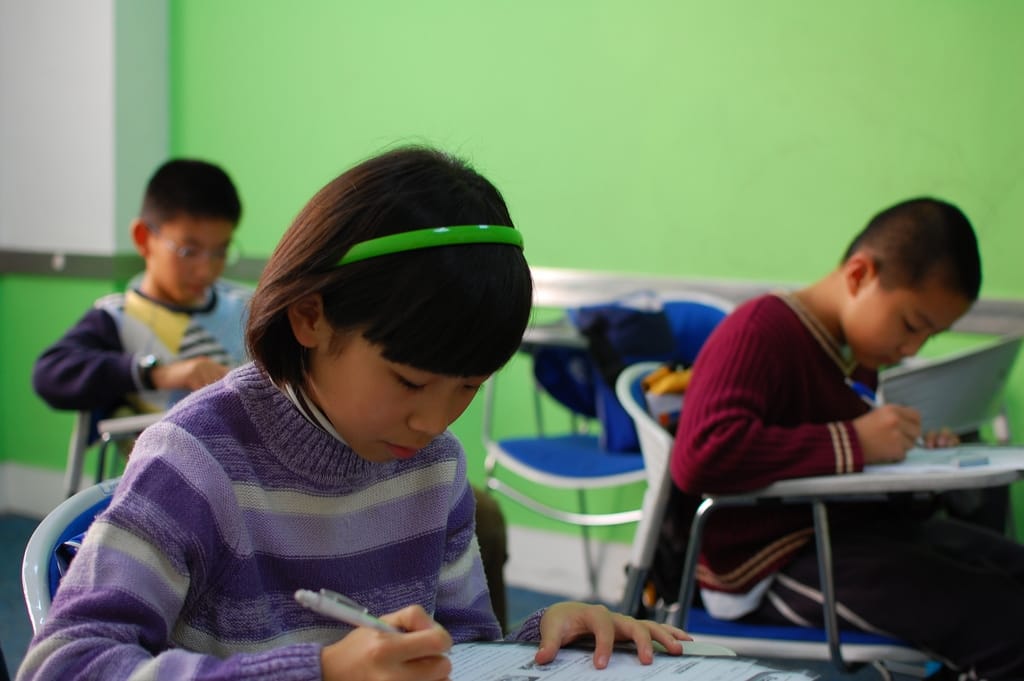In this post, Zuzanna Laudańska shares her experience investigating motor and vocal development in infants. She works at the Institute of Psychology, Polish Academy of Sciences in Warsaw (Poland), and she is a guest researcher at the Department of Developmental Psychology, University of Groningen.
In this post, Justin invites the readers to lose their perspective as individuals to understand the basic concepts of complexity science in the reality we inhabit.
The Corona pandemic is affecting all of us, however, children may be affected the most. This article deals with what they are struggling with, how they are coping, and what we can do to help them go through this extremely challenging time.
While searching for a solution for her broken nights, Lisette de Jonge-Hoekstra takes us to pink noise – a phenomenon that characterizes smooth processes. In addition, she discovers that listening to actual noise of different colors is claimed to benefit certain states of mind. Lisette finds out what science has to say about these claims, and what she found may be a solution for you as well.
Frustration is our emotional response to unexpected non-reward. Frustration has an energizing effect that can catalyze a broad range of outcomes, either good or bad. It is therefore important to learn to effectively deal with frustration.
Bridging the gap between research and practice is a challenge, also in the field of educational psychology. In this blog post, Henderien Steenbeek, who works at both Teachers College and the University of Groningen, explains why and how she contributes her bit to reducing the gap.
In the past five years, Annemie Wetzels has worked on an intervention (coaching) program for teachers. This Thursday, October 29th, she defends her dissertation on the outcomes of this project. In this blogpost, she proposes that person-context dynamics should always be taken into account when conducting interventions in education.
While it is a good idea to track children’s academic development, there are some serious disadvantages to the use of standardized tests. Both the usage of tests and characteristics of the tests themselves could obstruct primary school students’ learning process, if we’re not careful.








